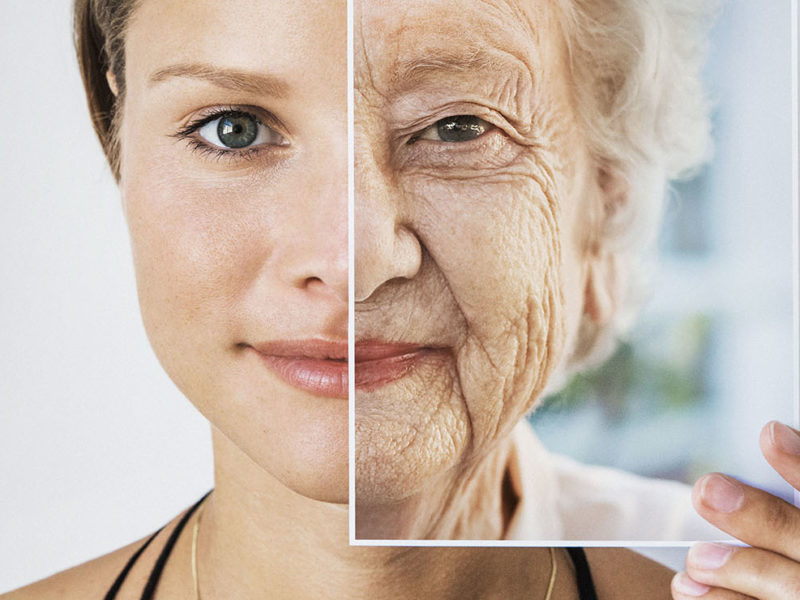Radicals
We see free radicals every day. They are in our foods, on the surfaces of our bodies and in the air we breathe. They are responsible for so many of the problems we have with our health and ageing. A lot of what we do to fight off free radicals also contributes to their creation. Free radical damage is one of the leading causes of cellular ageing.
Understanding free radicals take a fundamental understanding of molecular chemistry. Atoms are constantly filled with electrons which orbit around the atom in multiple layers called shells. Every shell has to be filled up by a specific set number of free electrons. As these free electrons move around the atom; they can knock off nearby molecules or can grab onto other molecules and cause a chemical reaction called oxidation. 1337 x
Oxygen
Oxygen and carbon take the most electrons, followed by hydrogen and helium. In a highly reactive species like rust, oxygen is the most reactive of all, although there are other reactive species out there too. The reason for this is because an electron from an iron atom will combine with an electron from another metal atom and create a free radical. It’s a sort of self-singing machine. So, when you take oxygen out of the equation, you’re replacing one electron, but sing a song of two parts. The more reactive the oxygen is, the less stable the atom is and the more it will oxidize.
Free radicals are created from the oxidation of the body’s cells. It is thought that our cells store extra electrons so that they can be used as a power source for the cells. The problem is that when we use up these electrons, the cells can no longer make energy and we start to die. These unstable atoms are what form free radicals.
Every atom has four outer shells, and each contains a pair of neutrons. The number of neutrons is the same throughout, meaning that every atom has four outer shells, making it a ‘self-contained’ system. When a chemical bond with a metal ion, a chemical reaction happens which pulls the electron from the surrounding atom and sends it to the center of the metal atom. Once there, it becomes a free radical. This process goes on all over the atom, creating free radicals in the process.
Antioxidants
We’ve been studying free radicals and their role in disease for decades, but we still don’t know why they are formed. Part of the problem is that we are looking at a very tiny process, where a molecule of DNA is in contact with many other molecules. This makes it difficult to see how important the role of antioxidants is.
Check here
Antioxidants stop free radicals from forming. If you want to stop cancer from progressing, you have to prevent free radical formation. But how? Well, if you go after the tumors directly, you may not be able to do this, because cancer cells are too big to get out of your body. You need a way to prevent them from forming in the first place, and this is where LDL cholesterol, or low-density lipoprotein, is so important.
LDL Cholesterol
LDL cholesterol can neutralize free radical damage, making it less likely that it will be formed in the first place. In effect, LDL cholesterol protects your body from oxidative stress, which is one of the major causes of premature ageing. Now that you understand how LDL cholesterol is essential for fighting free radical damage, you can look for ways to increase its levels and reduce your risk of premature ageing.














Comments